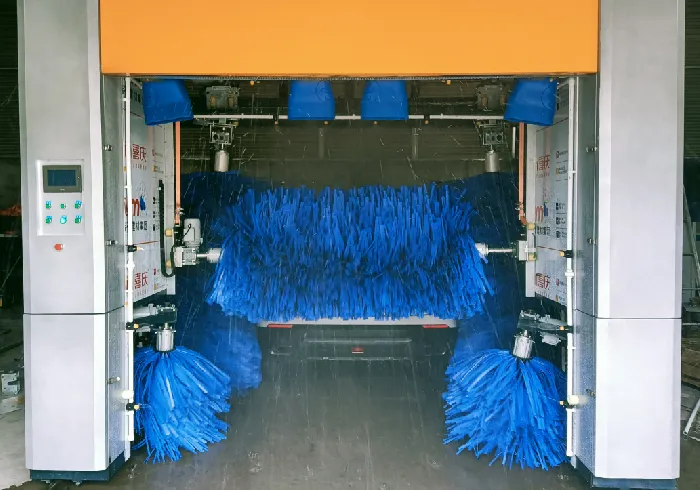
- Afrikaans
- Albanian
- Amharic
- Arabic
- Armenian
- Azerbaijani
- Basque
- Belarusian
- Bengali
- Bosnian
- Bulgarian
- Catalan
- Cebuano
- Corsican
- Croatian
- Czech
- Danish
- Dutch
- English
- Esperanto
- Estonian
- Finnish
- French
- Frisian
- Galician
- Georgian
- German
- Greek
- Gujarati
- Haitian Creole
- hausa
- hawaiian
- Hebrew
- Hindi
- Miao
- Hungarian
- Icelandic
- igbo
- Indonesian
- irish
- Italian
- Japanese
- Javanese
- Kannada
- kazakh
- Khmer
- Rwandese
- Korean
- Kurdish
- Kyrgyz
- Lao
- Latin
- Latvian
- Lithuanian
- Luxembourgish
- Macedonian
- Malgashi
- Malay
- Malayalam
- Maltese
- Maori
- Marathi
- Mongolian
- Myanmar
- Nepali
- Norwegian
- Norwegian
- Occitan
- Pashto
- Persian
- Polish
- Portuguese
- Punjabi
- Romanian
- Russian
- Samoan
- Scottish Gaelic
- Serbian
- Sesotho
- Shona
- Sindhi
- Sinhala
- Slovak
- Slovenian
- Somali
- Spanish
- Sundanese
- Swahili
- Swedish
- Tagalog
- Tajik
- Tamil
- Tatar
- Telugu
- Thai
- Turkish
- Turkmen
- Ukrainian
- Urdu
- Uighur
- Uzbek
- Vietnamese
- Welsh
- Bantu
- Yiddish
- Yoruba
Effective Techniques for Using a Pressure Washer to Clean Your Car Thoroughly
The Benefits of Using a Pressure Washer to Wash Your Car
Washing your car is an essential part of regular maintenance that helps to keep it looking good and protect its value. While traditional washing methods with buckets and sponges might get the job done, using a pressure washer can elevate your car cleaning routine to a whole new level. In this article, we will explore the benefits of using a pressure washer to wash your car, along with some key tips for optimal results.
Why Use a Pressure Washer?
1. Efficiency and Time-Saving One of the most significant advantages of using a pressure washer is the efficiency it brings to the task. With the power of high-pressure water jets, you can quickly blast away dirt, grime, and mud from your vehicle's surface. In comparison to manual washing, which can take upwards of an hour, a pressure washer can clean your car in under 30 minutes, leaving you with more time to enjoy your day.
2. Deep Cleaning Pressure washers are adept at removing stubborn stains and contaminants that might be entrenched in your car’s paint or tires. The high-pressure water stream can penetrate small crevices and hard-to-reach areas, effectively dislodging dirt and debris that a sponge might miss. This type of deep cleaning can be particularly beneficial for vehicles that have been exposed to road salt, bird droppings, or tree sap.
3. Less Physical Strain Traditional car washing can involve a lot of bending, stretching, and scrubbing, which can be strenuous on your body. Using a pressure washer allows you to stand comfortably while cleaning, requiring less physical effort. This makes it a preferable option for individuals who may have mobility issues or those simply looking to avoid the fatigue associated with manual washing.
4. Water Efficiency Interestingly, pressure washers can use less water than traditional washing methods. A pressure washer can deliver more cleaning power with less water consumption due to its high efficiency. For those who are environmentally conscious, this is a significant advantage. According to studies, using a pressure washer can save up to 50% more water compared to traditional garden hoses.
Tips for Washing Your Car with a Pressure Washer
use pressure washer to wash car

While using a pressure washer is effective, certain precautions and techniques can help achieve the best results and protect your vehicle’s surfaces.
1. Choose the Right Nozzle Pressure washers come with different nozzles for varying degrees of pressure. For washing your car, it’s best to use a wider spray nozzle (25 to 40 degrees) to ensure a gentler wash that won’t damage the paint. Narrower nozzles can produce a concentrated stream of water that may cause scratches or dents.
2. Keep Distance When pressure washing your car, maintain a safe distance between the nozzle and the car’s surface. A distance of about 2 feet is generally safe to avoid any damage. Gradually moving closer can help you gauge the power of the spray and adjust accordingly.
3. Use Car-Safe Cleaners While pressure washing is effective on its own, consider using a car-specific soap in conjunction with your pressure washer. Applying foam or soap first and allowing it to sit for a few minutes can help break down tough grime before rinsing it off with high pressure.
4. Drying Off After pressure washing, it’s essential to dry your car to prevent water spots from forming. Using microfiber towels is recommended as they absorb water without scratching the car’s surface.
5. Regular Maintenance Finally, make pressure washing a regular part of your car maintenance routine. Regular cleanings can prevent the buildup of damaging substances, ensuring your vehicle remains in top condition for years to come.
Conclusion
Using a pressure washer to wash your car offers numerous advantages, from saving time and effort to providing a deeper clean. By following best practices and investing in the right equipment, you can keep your vehicle looking pristine and protect its value. So, next time your car needs a wash, consider the benefits of a pressure washer and transform your car cleaning experience.
-
Integrating Aqua Tunnel Car Wash in Shopping CentersNewsJun.24,2025
-
Gas Station with an Auto Car Wash MachineNewsJun.24,2025
-
Efficiency in Your Aqua Tunnel Car Wash: Power & Water-SavingNewsJun.24,2025
-
Car Wash Business with Advanced Auto Car Cleaning MachinesNewsJun.24,2025
-
Balancing Setup Costs with Aqua Tunnel Car WashNewsJun.24,2025
-
Aqua Tunnel Car Wash: Eco-Design for the Energy-Savvy EntrepreneurNewsJun.24,2025



